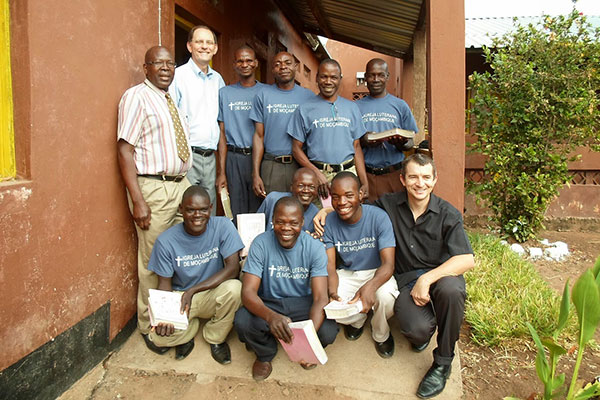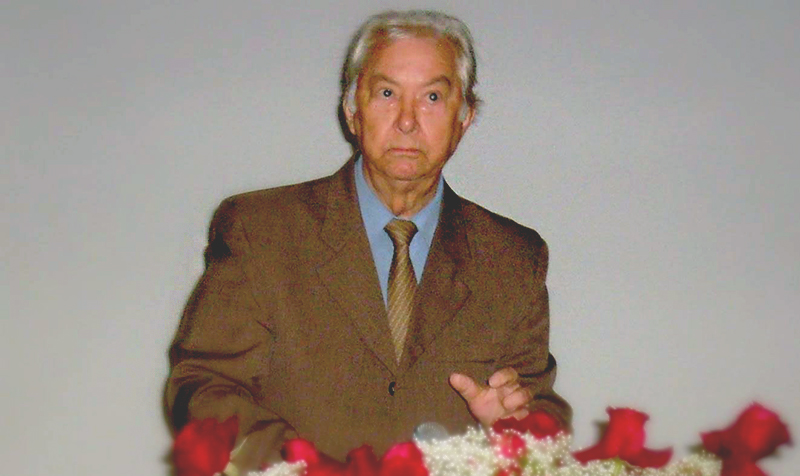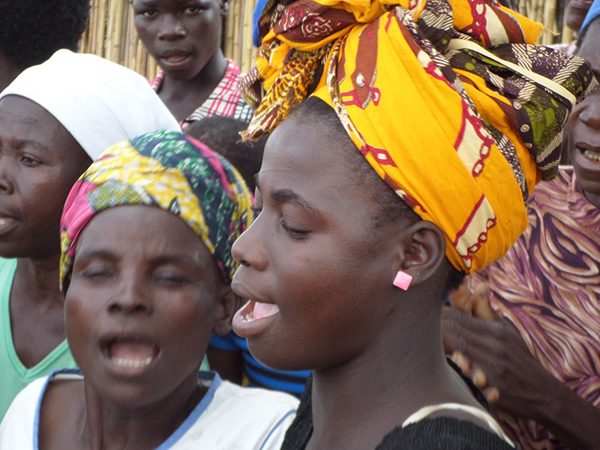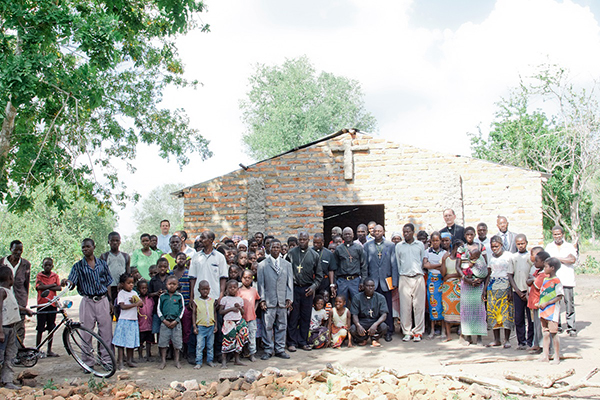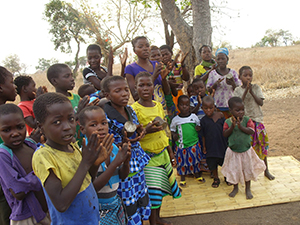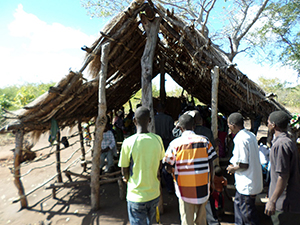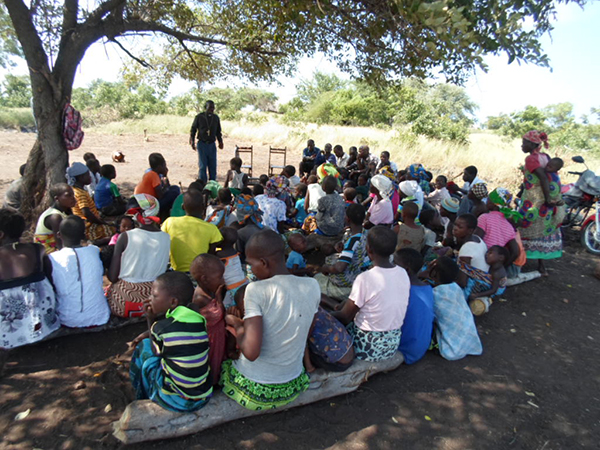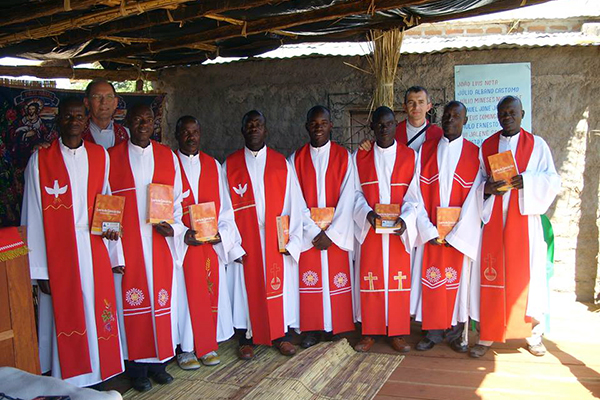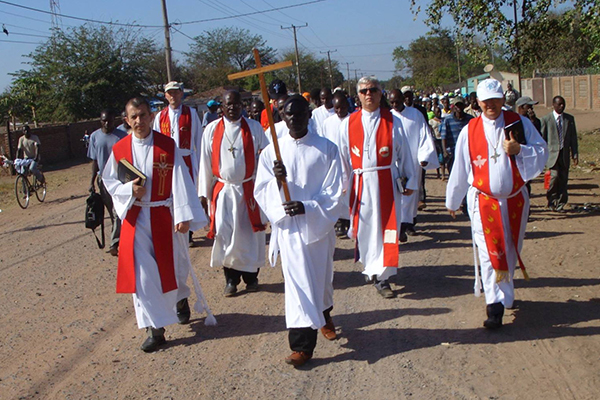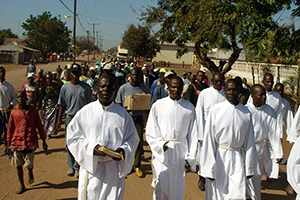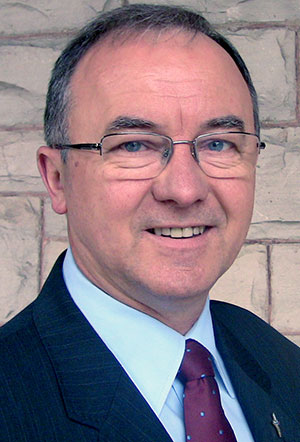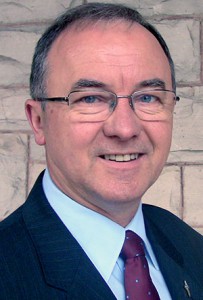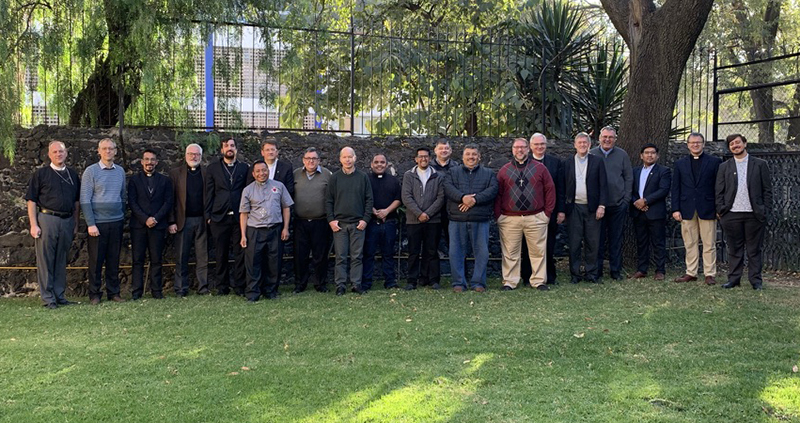
Participants in the ILC’s 2021 Latin America regional conference.
MEXICO – The conference of the International Lutheran Council’s (ILC) Latin America Region met in Mexico City from December 2-5, 2021, following delays due to the pandemic.
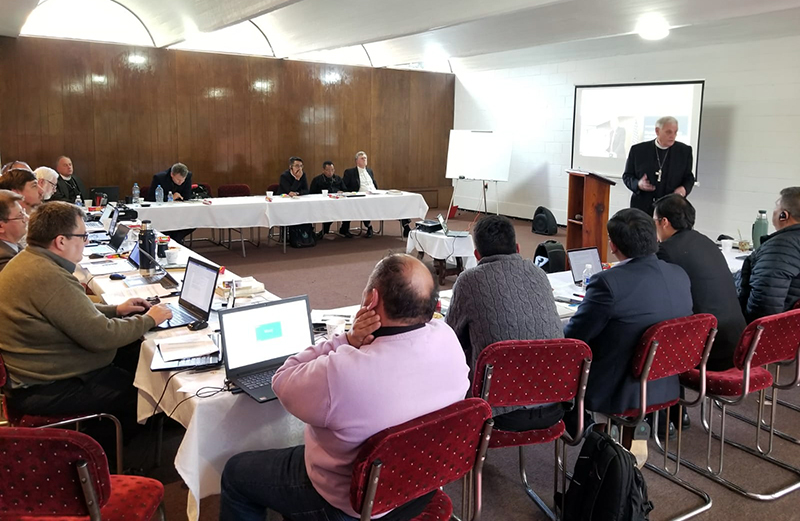
ILC General Secretary Timothy Quill addresses the Latin America regional conference.
The conference brought together representatives from the Evangelical Lutheran Church of Argentina; the Christian Evangelical Lutheran Church of Bolivia; the Evangelical Lutheran Church of Brazil; the Confessional Lutheran Church of Chile; the Lutheran Church of Guatemala; the Lutheran Synod of Mexico; the Lutheran Church of Panama; the Evangelical Lutheran Church of Paraguay; the Evangelical Lutheran Church-Peru; the Lutheran Church of Uruguay; and the Lutheran Church of Venezuela. The ILC’s General Secretary Timothy Quill and Assistant to the General Secretary Roger James were also present, as were a number of other guests.
Theological presentations were given on two themes: 1) “The Confessional Orthodox Lutheran Role in a Heterodox and Subjective Context” (Prof. Dr. Clóvis Prunzel of Concordia Seminary in Sao Leopoldo, Brazil); and 2) “Pastoral Vocation: Lack, Stimuli, and Contextual Factors” (Prof. Dr. Sergio Schelske of Concordia Seminary in Buenos Aires, Argentina). Discussion centered on two areas: 1) the need to recruit a larger number of pastoral candidates; and 2) unique challenges related to opening new missions in each country.
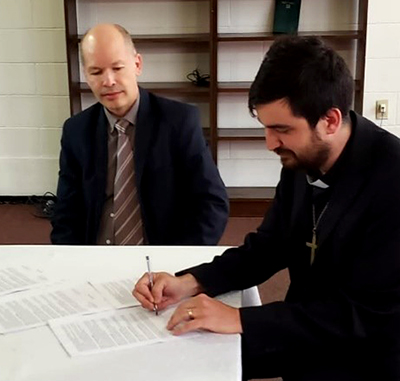
IELA President Arturo Truenow and ILC-Chile President Juan Pablo Lanterna sign a protocol agreement between their two church bodies.
During the conference, the Christian Evangelical Lutheran Church of Bolivia officially announced its intention to seek full membership in the ILC after more than a decade as an Associate Member. Other noteworthy events included the signing of a mutual cooperation protocol between the Evangelical Lutheran Church of Argentina (IELA) and the Confessional Church of Chile (ILC-Chile).
The gathering also celebrated the forthcoming publication of a new Lutheran hymnal in Spanish after fifteen years of work. The hymnal will be welcomed into use throughout Spanish-speaking countries in the region, as well as in other parts of the world.
“It was a great meeting, since it was finally possible to overcome the challenges that have delayed celebrating this moment due to the current pandemic,” noted President Juan Pablo Lanterna of the Confessional Lutheran Church of Chile. “It should be counted as a historic moment.”
———————
From a report by ILC-Chile President Juan Pablo Lanterna

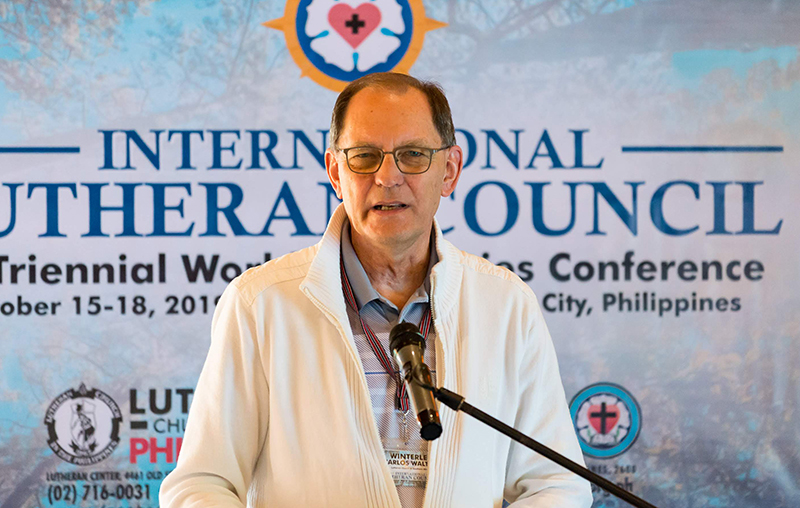
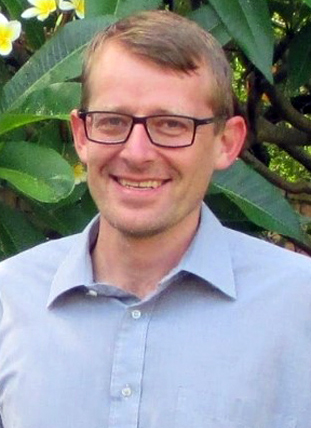
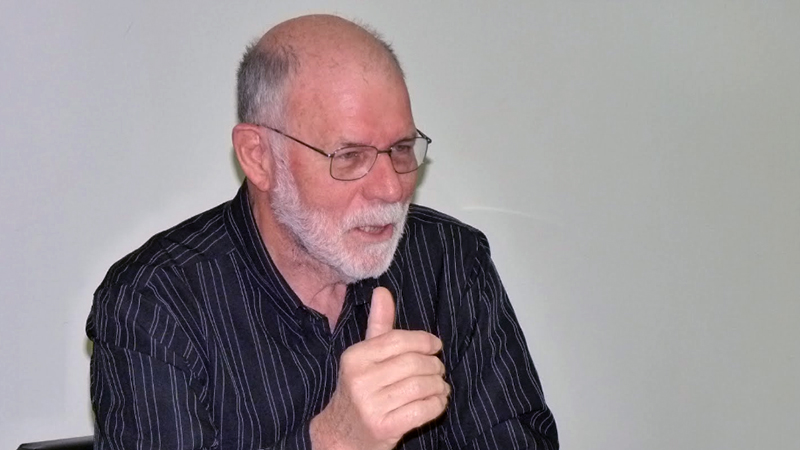
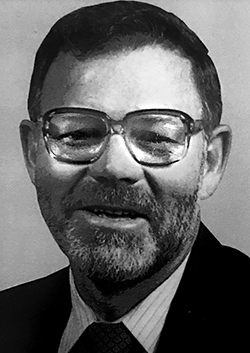
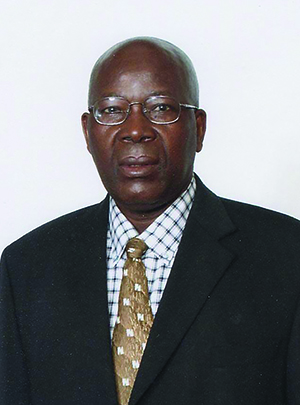
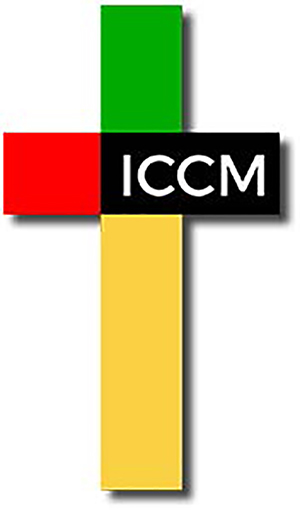 Rev. Alfazema returned to Canada for health reasons following his retirement, but the work they began continued. In 2018, the church which grew out of his mission work was officially recognized by the Mozambican government as the Concordia Christian Church in Mozambique (Igreja Cristã da Concórdia em Moçambique – ICCM). While the church was officially registered by the government in 2018, it had previously operated unofficially for several years under the name Concordia Lutheran Church in Mozambique (Igreja Luterana da Concórdia em Moçambique —federal requirements in Mozambique prevented the young church from registering with the word “Lutheran” in its legal name).
Rev. Alfazema returned to Canada for health reasons following his retirement, but the work they began continued. In 2018, the church which grew out of his mission work was officially recognized by the Mozambican government as the Concordia Christian Church in Mozambique (Igreja Cristã da Concórdia em Moçambique – ICCM). While the church was officially registered by the government in 2018, it had previously operated unofficially for several years under the name Concordia Lutheran Church in Mozambique (Igreja Luterana da Concórdia em Moçambique —federal requirements in Mozambique prevented the young church from registering with the word “Lutheran” in its legal name).